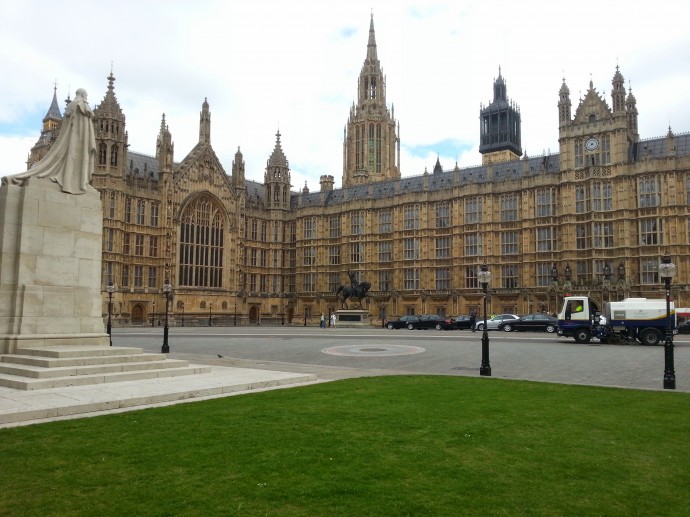When does dissolution take effect?

Today, the UK’s parliament is due to be dissolved, meaning that we cease to have members of parliament (MPs), because there’s nothing for them to be a member of. But when, exactly, does this happen? It’s taken more reading up than seems sensible, but I think I now know.
If the Prime Minister had decided to just let the parliament expire, it would have been automatically dissolved ‘at the beginning of the day that is the fifth anniversary of the day on which it first met.’
I’m not completely sure of the meaning in law of ‘the beginning of the day’—I assume it’s effectively midnight, but perhaps the intention is the beginning of the parliamentary day? In which case, I’m not sure whether that would mean immediately after the close of the previous day’s session (which could run past midnight), or the morning after. But we needn’t detain ourselves on this point, as the Prime Minister asked the King to dissolve parliament early, which is done through royal proclamation.
You might think that a royal proclamation would come into force at the moment it is signed by the monarch, or perhaps the moment the seal is affixed, or perhaps some moment when it’s read out in parliament, but you’d be wrong.
Under the Crown Office Act 1877, a royal proclamation takes effect from the moment it is published in The Gazette. In recent years, there seems to have been a convention that proclamations are published online at midday, so it seems likely that we’ll have no MPs from this afternoon.
This post was filed under: News and Comment, Politics, Parliament.
